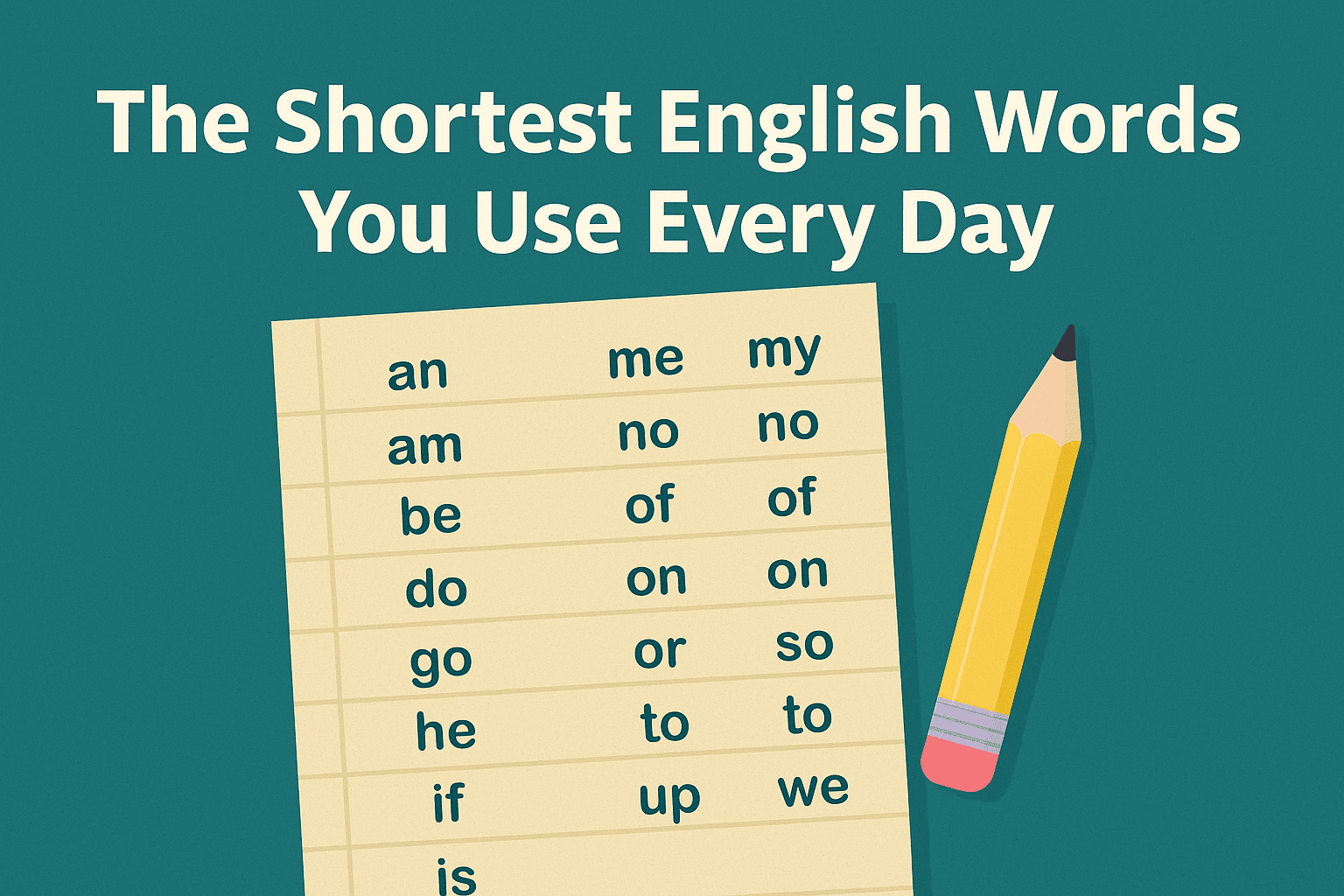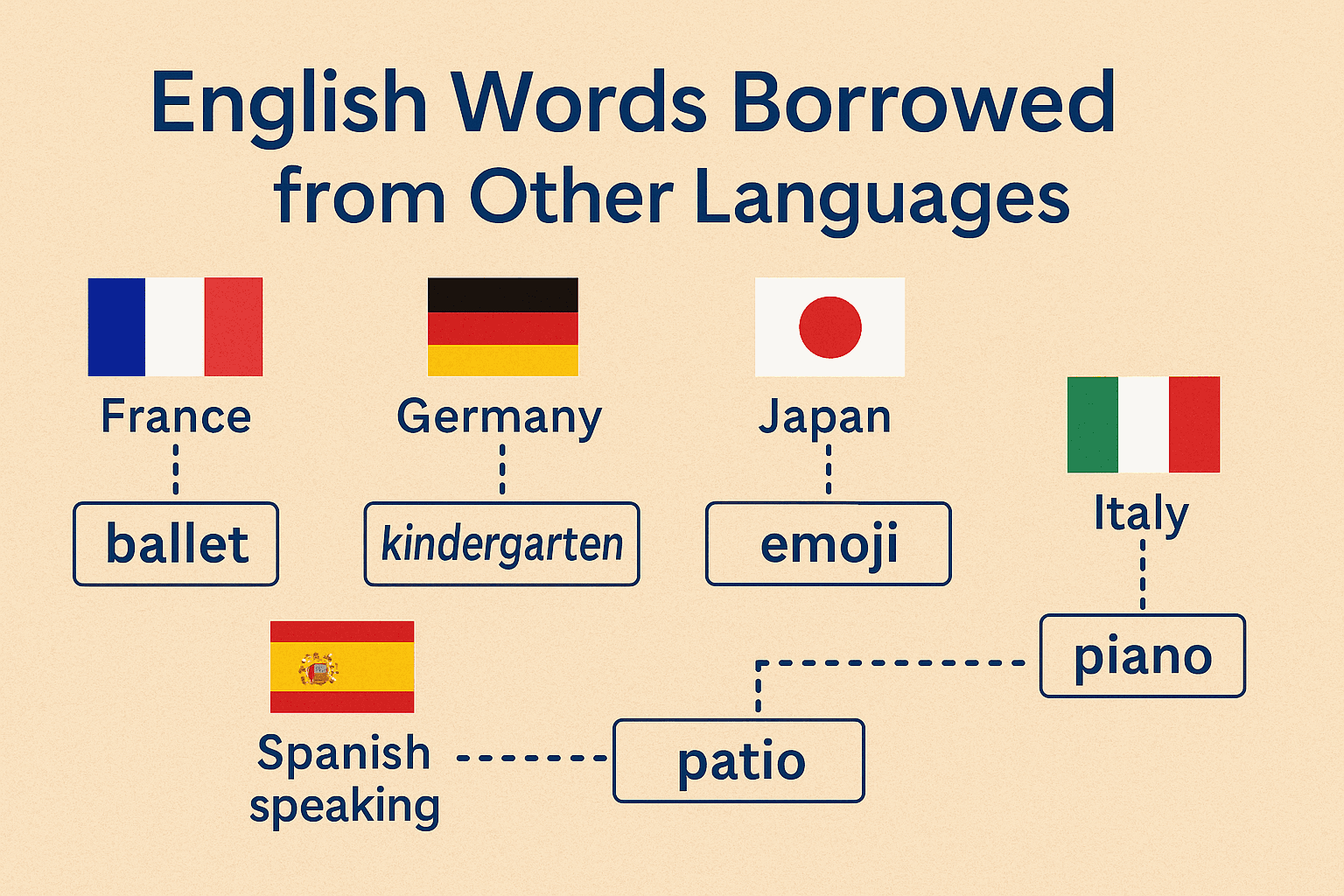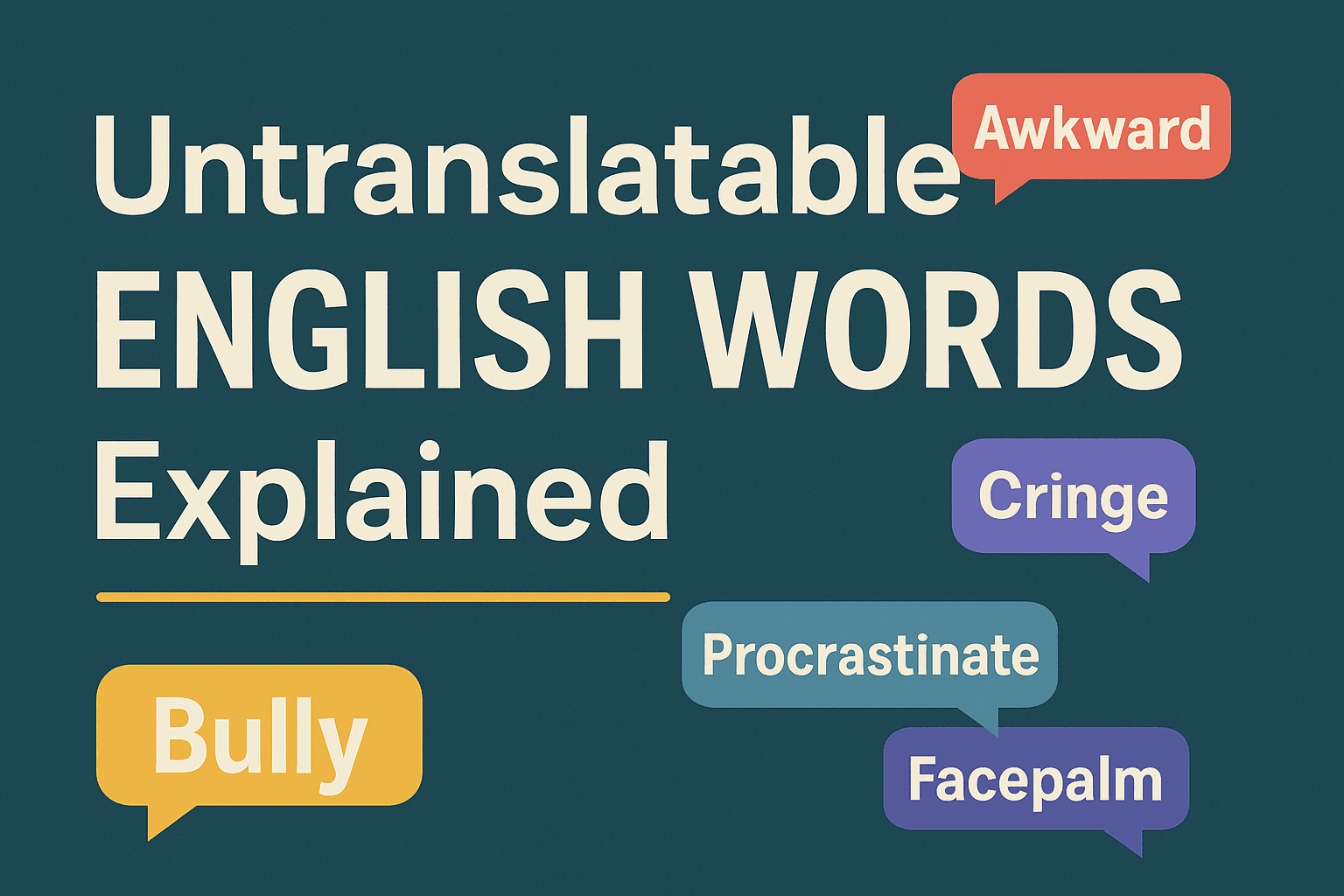Stunning Short Words You Must Know for Effortless Communication
In a world often captivated by complex vocabulary, the shortest words in English play a vital role in ensuring seamless conversation. Words composed of just one or two letters may seem insignificant, but they form the backbone of everyday communication. In this article, we’ll delve into some of the briefest yet most powerful words in the English language—tiny components that help language flow effortlessly. You’ll discover how these words function, their origins, and why they hold more significance than you might assume.
Why Short Words Matter
Short words are the essential glue that holds English together. They serve multiple functions, including:
– Function words: These include prepositions, pronouns, and articles.
– Common verbs and auxiliaries: Frequently used words that help convey actions and states.
– Essential connectors: They link ideas, thereby structuring grammar and syntax.
Despite their brevity, these words carry substantial meaning. Remove them, and sentences would wobble and falter.
Common One-Letter Words You Should Know
Surprisingly, English only features a handful of one-letter words. However, these words are among the most frequently employed in the language:
1. A
– Function: Indefinite article
– Example: “I saw a cat.”
– Origin: Derived from Old English “ān,” meaning “one.”
2. I
– Function: First-person singular pronoun
– Example: “I love learning languages.”
– Origin: From Old English “ic,” which evolved into “I” and later adopted capitalization.
These two words appear in nearly every sentence and consistently rank among the top 10 most utilized words in the English language.
Powerful Two-Letter Words You Use Daily
Let’s take a closer look at some commonly used two-letter words that likely make appearances in your conversations multiple times each day:
– an: article — “An apple a day keeps the doctor away.”
– am: verb — “I am ready for the challenge.”
– be: verb — “To be or not to be.”
– do: verb — “Do your best to succeed.”
– go: verb — “Let’s go to the park!”
– he: pronoun — “He is my closest friend.”
– if: conjunction — “If it rains, we’ll postpone the picnic.”
– in: preposition — “The book is in the bag.”
– is: verb — “It is a sunny day.”
– it: pronoun — “It works perfectly well.”
– me: pronoun — “Please give that to me.”
– my: possessive pronoun — “That’s my bicycle.”
– no: determiner — “No, thank you.”
– of: preposition — “Cup of tea, please.”
– on: preposition — “The book is on the table.”
– or: conjunction — “Do you prefer tea or coffee?”
– so: conjunction — “I was tired, so I went to bed.”
– to: preposition/verb — “It’s time to go.”
– up: adverb — “Stand up when the teacher enters.”
– we: pronoun — “We are excited about the trip.”
These two-letter words are far from mere fillers; they are foundational, giving structure and meaning to most sentences.
The Importance of Short Words in Everyday Language
Short words are prevalent because they are:
– Easier to articulate: Their compact form makes them quick to say and write.
– Cognitively efficient: They help streamline thought processes during communication.
– Grammatically foundational: According to corpus linguistics studies, the top ten most frequently used English words are all short, including “the,” “of,” “to,” “and,” “a,” “in,” “is,” and “it.” Their longevity in the language can be traced back to Old English and even Proto-Indo-European roots.
Fun Fact: The Most Powerful Short Word
The word “be” might hold the title for the most philosophically and grammatically significant short word in English. It acts as a fundamental connector between subjects and their descriptions while appearing in nearly every tense and mood.
– Example Tenses:
– I am
– You were
– They will be
– He is being
– We have been
Despite being a mere two letters long, it serves as a cornerstone of English grammar.
Short Doesn’t Mean Simple
Although short words are, well, short, they can often present a challenge for non-native speakers. This complexity arises because:
– Many short words possess multiple meanings.
– They frequently appear in phrasal verbs (e.g., “put up with,” “take off”).
– Their pronunciation can be tricky (e.g., distinguishing “of” from “off”).
– They are often unstressed in spoken language, causing them to blend in with other sounds.
Final Thoughts
While the smallest English words may not win contests for their length, they are undeniably crucial in shaping the language. Without these short yet mighty words, even the simplest thoughts would struggle for expression. So, the next time you write, speak, or engage in conversation, take a moment to appreciate these unassuming but powerful elements of communication that facilitate connection and understanding. Recognizing their importance can make your communication clearer and more effective.
Clear communication often comes down to the little things — the short, punchy words that carry so much weight. According to the article “Short Words: Simple but Powerful in English” from ESL Buzz, even one- to four-letter words like go, big, sun, run are vital because they’re easy to learn and constantly used in everyday conversation. ESLBUZZ
Mastering these short words isn’t about flashy vocabulary—it’s about speaking smarter. When you drop in a word like aid instead of help, or vow instead of promise, you’re not just using fewer letters — you’re conveying precision and confidence. And guess what? That’s effortless communication.
Brand Name Generator | Free Name Generator | Fantasy Name Generator




